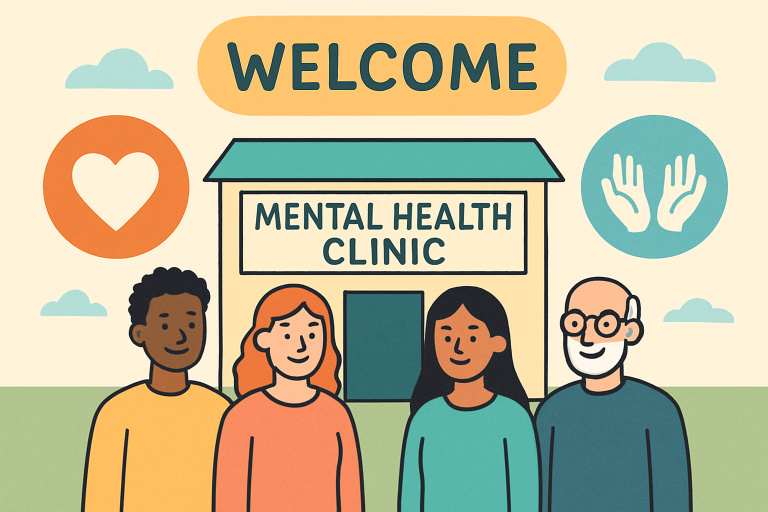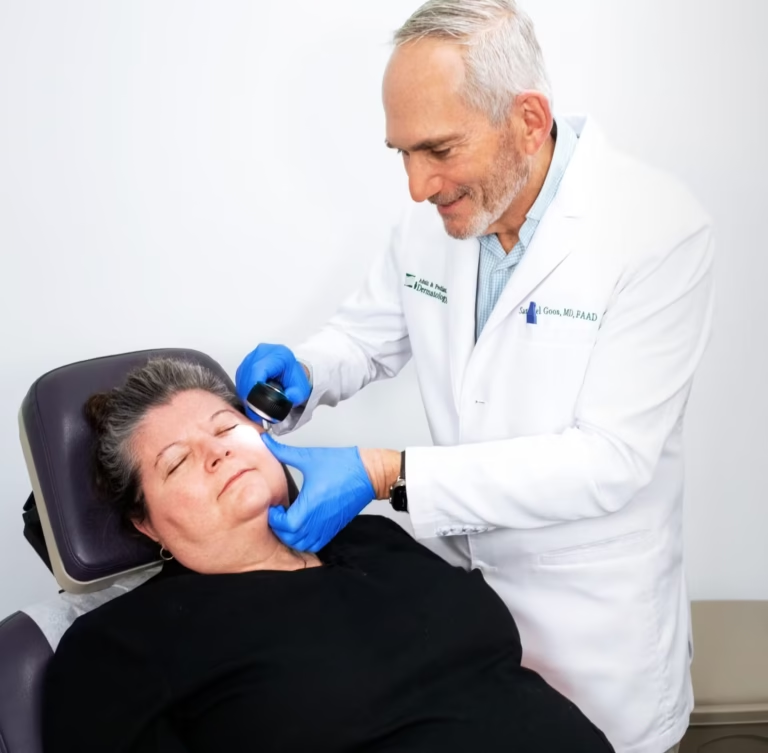How Mental Health Clinics Are Shaping Community Well-Being

The Changing Landscape of Mental Health Clinics
Mental health needs in communities have evolved rapidly in recent years, particularly since the COVID-19 pandemic, which prompted a significant increase in demand for accessible and flexible care. Traditional therapy settings have expanded to include telehealth options, group sessions, and holistic wellness practices. Clinics are increasingly central in this changing landscape, stepping up to address complex emotional and psychological needs at both individual and communal levels. For anyone seeking local support, options like a Doral psychiatrist offer assessments, therapy, and medication management, making mental health care more approachable and relatable.
The need for adaptability in mental health service delivery has never been more apparent. Research suggests that mental health challenges surged during the pandemic, highlighting the vital need for responsive clinics that can meet people where they are—both physically and emotionally. This proactive, community-oriented approach not only meets demand but can mitigate long-term psychological impacts.
Core Services and Personalized Care
Mental health clinics offer a variety of services, including individual psychotherapy, family counseling, medication management, and crisis intervention. They prioritize personalization and comprehensive assessments of each patient’s needs, history, and goals. Telehealth has revolutionized access, allowing individuals to receive continuous support without barriers. Personalization also includes cultural sensitivity and holistic care approaches, integrating lifestyle, nutrition, and stress reduction strategies. By addressing the whole person, mental health clinics help clients feel seen, supported, and empowered throughout their healing journey.
Reducing Stigma Through Accessible Services
Making mental health services visible and accessible is crucial in overcoming stigma. By embedding clinics in communities or offering services digitally, seeking help becomes normalized, shifting public perceptions and encouraging greater utilization. Recent data from the Centers for Disease Control and Prevention indicates a steady increase in mental health service seekers, indicating a fading stigma.
Community-Focused Prevention and Education
Beyond individual treatment, mental health clinics increasingly take on active roles in community prevention and education. Many clinics organize workshops, peer support groups, and seminars in partnership with schools, workplaces, and local organizations. Programs focused on early intervention, suicide prevention, and resilience training have shown measurable success in decreasing crisis events and improving societal well-being. For example, some clinics have developed school-based mental health curricula, allowing young people to access help and develop coping skills in a familiar environment.
Benefits for Families and Local Economies
The ripple effects of accessible mental health care are profound, extending well beyond the individual. Families benefit when their loved ones receive effective support—relationships improve, communication grows, and daily functioning often stabilizes. On a broader scale, communities with strong mental health resources see marked increases in workplace productivity, lower absenteeism, and significant reductions in aggressive behaviors and hospitalizations. According to a report by NAMI, improving mental health infrastructure can also reduce strain on public health budgets and law enforcement resources.
Innovations Driving Better Outcomes
Technological advancements and new care models are transforming mental health support. Mobile clinics are reaching underserved populations, while digital health platforms offer 24/7 guidance. Integrated care models integrate mental health services into primary care, addressing psychological wellness alongside physical health. Telehealth is gaining popularity, with patients reporting increased satisfaction and convenience. These advancements are transforming the way mental health services are delivered.
How to Find the Right Mental Health Clinic
Choosing a mental health clinic is an important step in one’s wellness journey. Start by identifying clinics or providers in your area—look for those with verified credentials, positive patient reviews, and a focus on patient-centered care. Accreditation by state boards or recognized psychological associations ensures a baseline of safety and professionalism. Ensure that the clinic offers services suited to your needs—whether that’s specialized therapy, medication support, or group sessions. Don’t hesitate to ask about their philosophy and approach, as a good fit is key to a positive outcome.
Looking Ahead: What’s Next in Community Mental Health
The future of community mental health promises greater integration of technology, expanded prevention programs, and a deeper focus on whole-person wellness. Efforts are underway to make services even more inclusive, accessible, and culturally responsive. However, challenges remain—including funding, ongoing stigma in some communities, and disparities in access. With continuous innovation, education, and advocacy, mental health clinics are well-positioned to continue shaping resilient, healthy communities for years to come.






